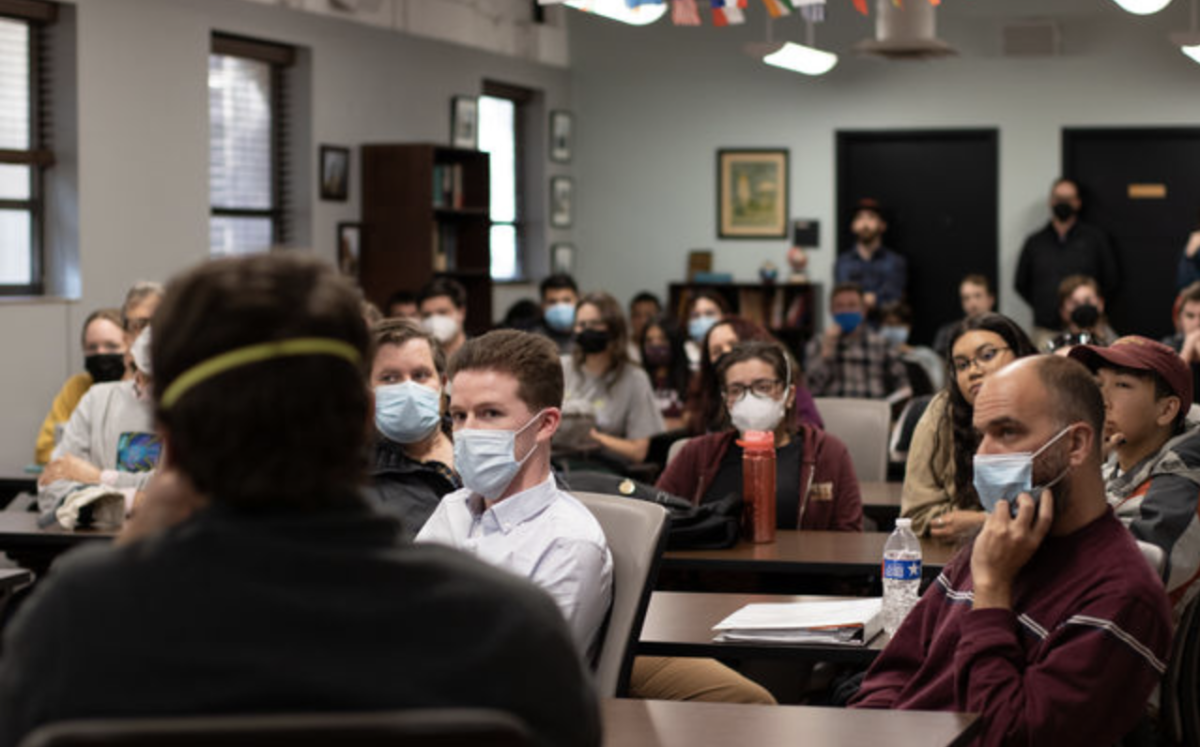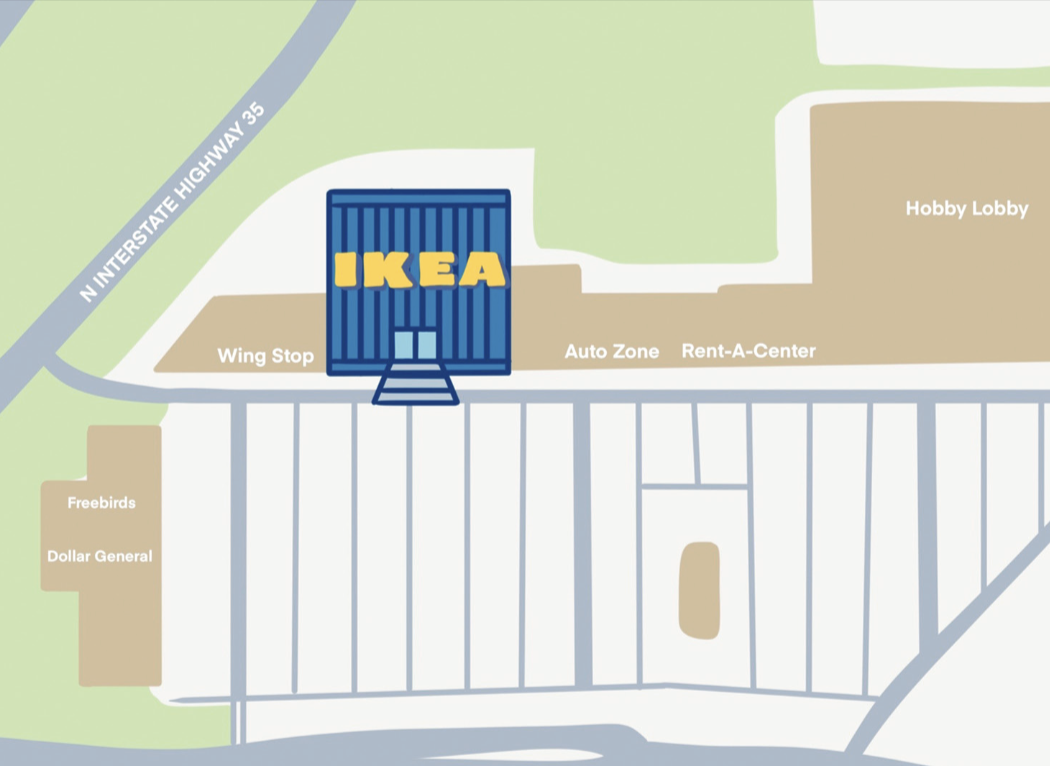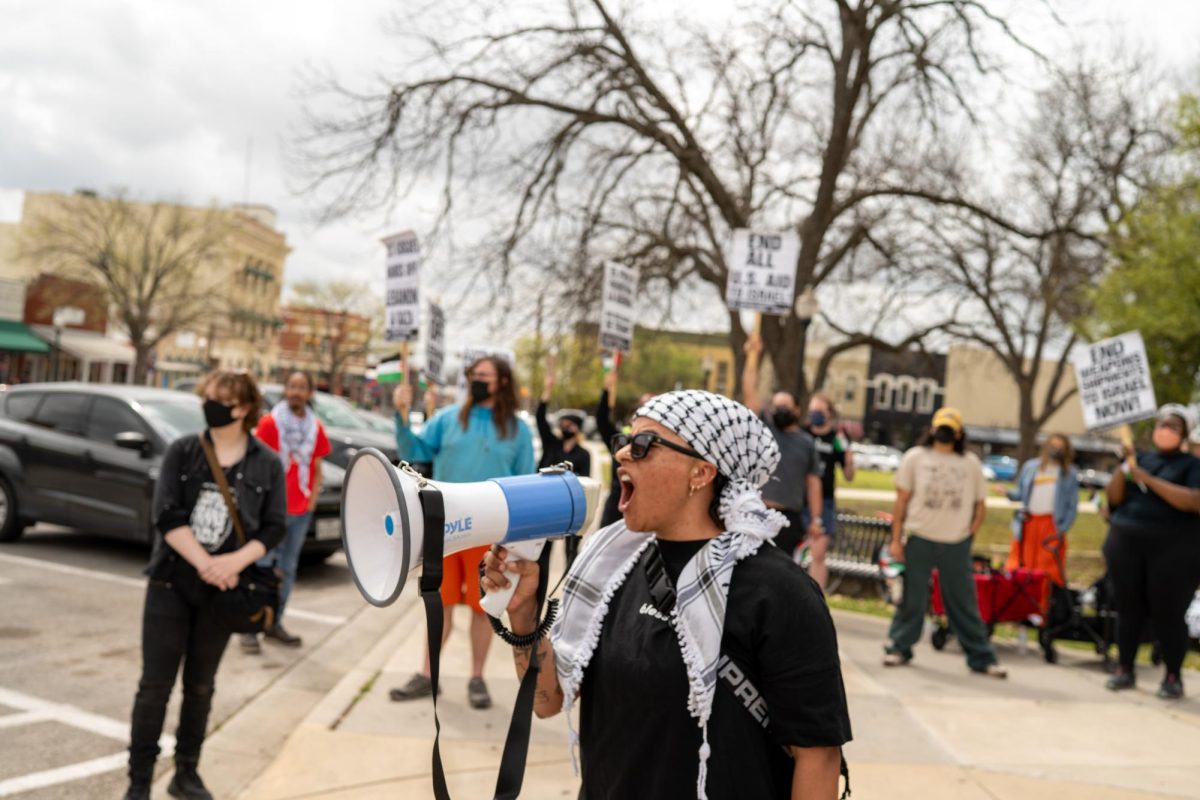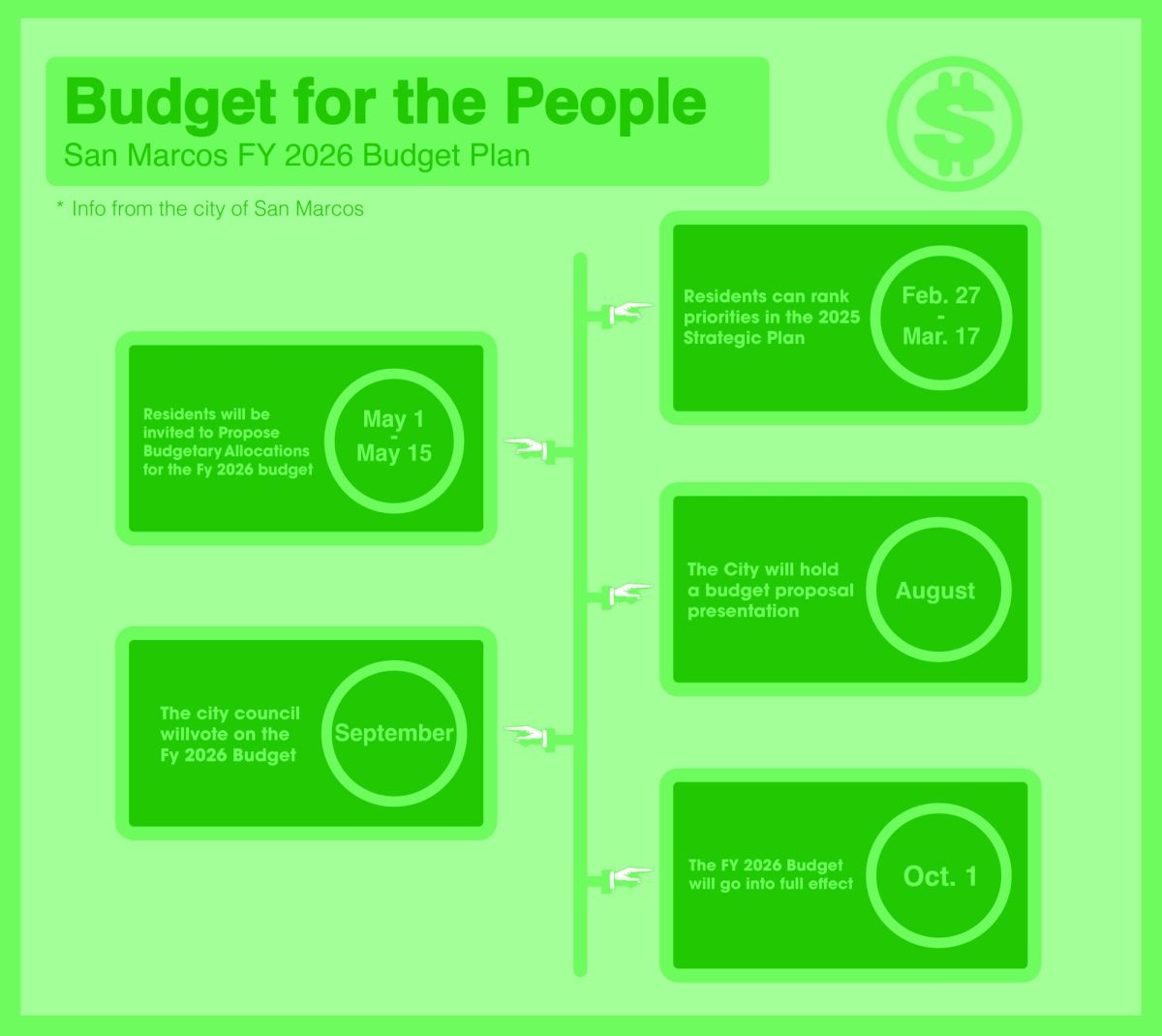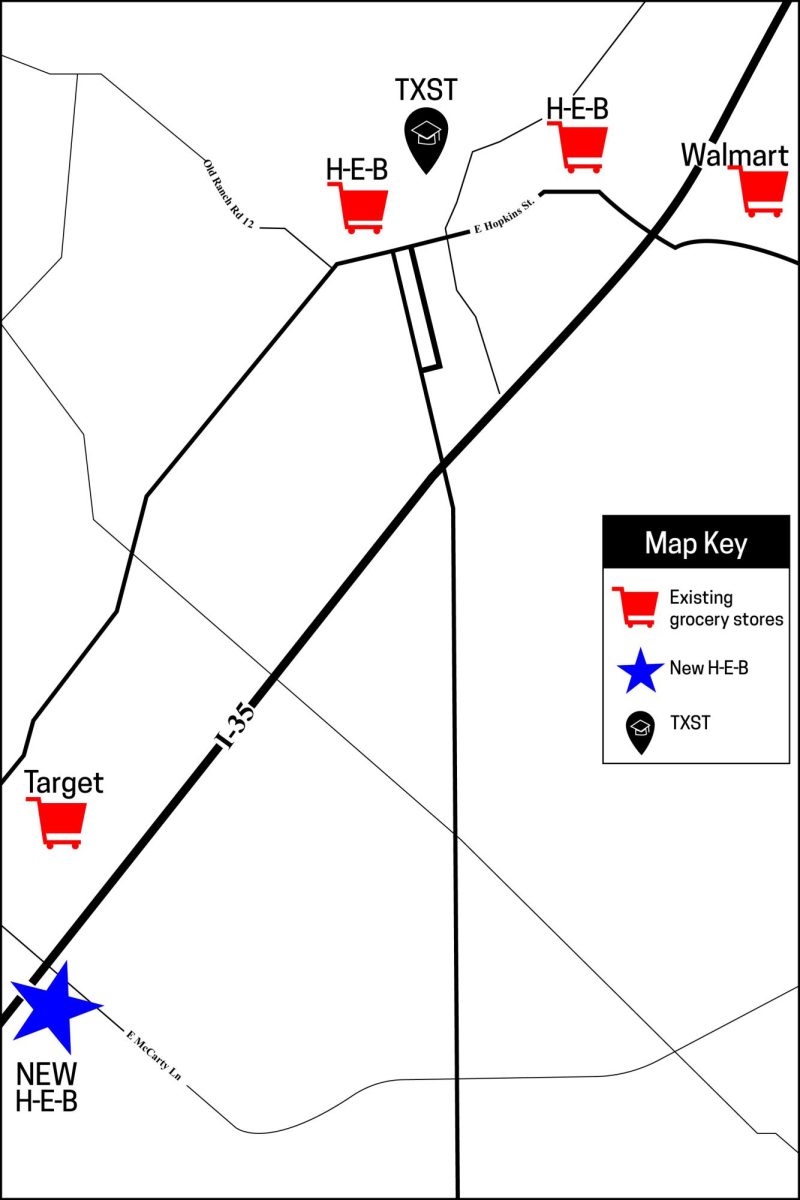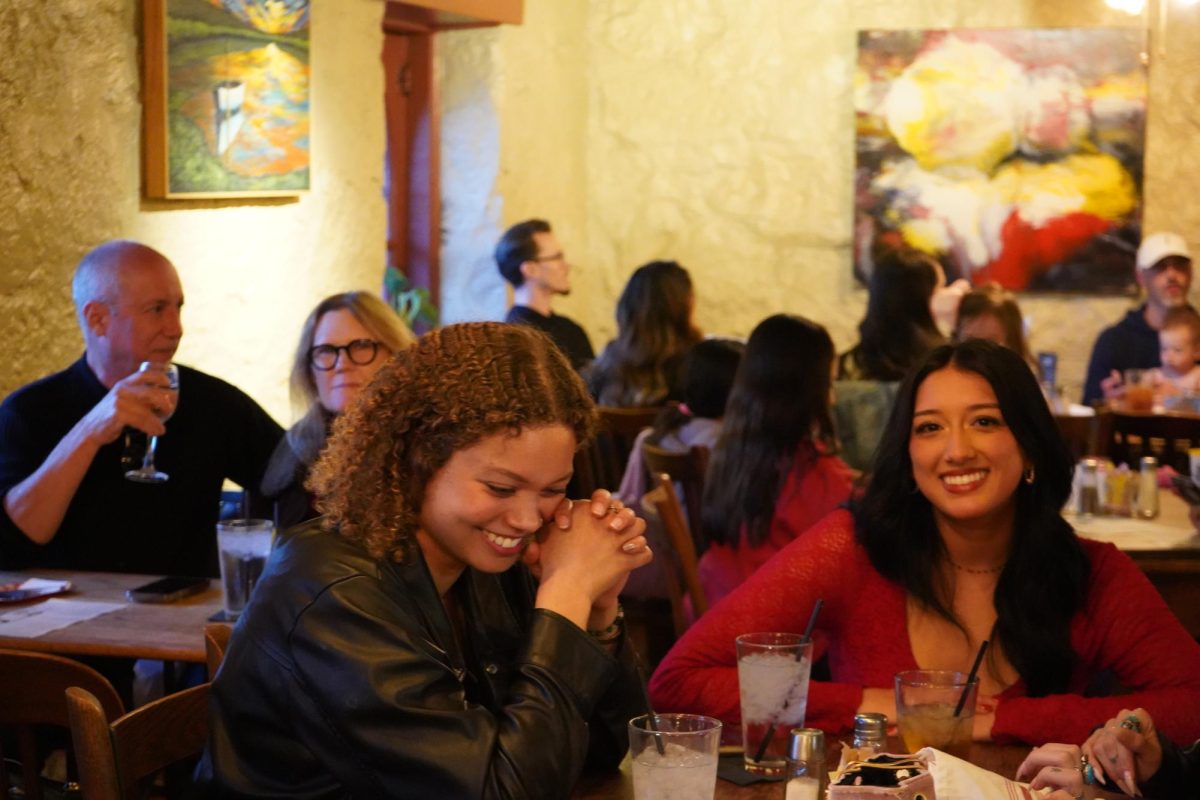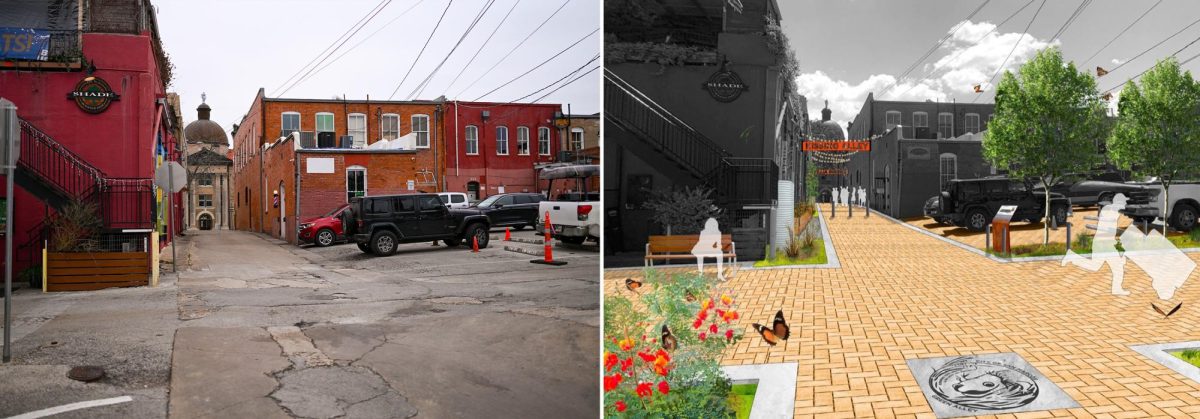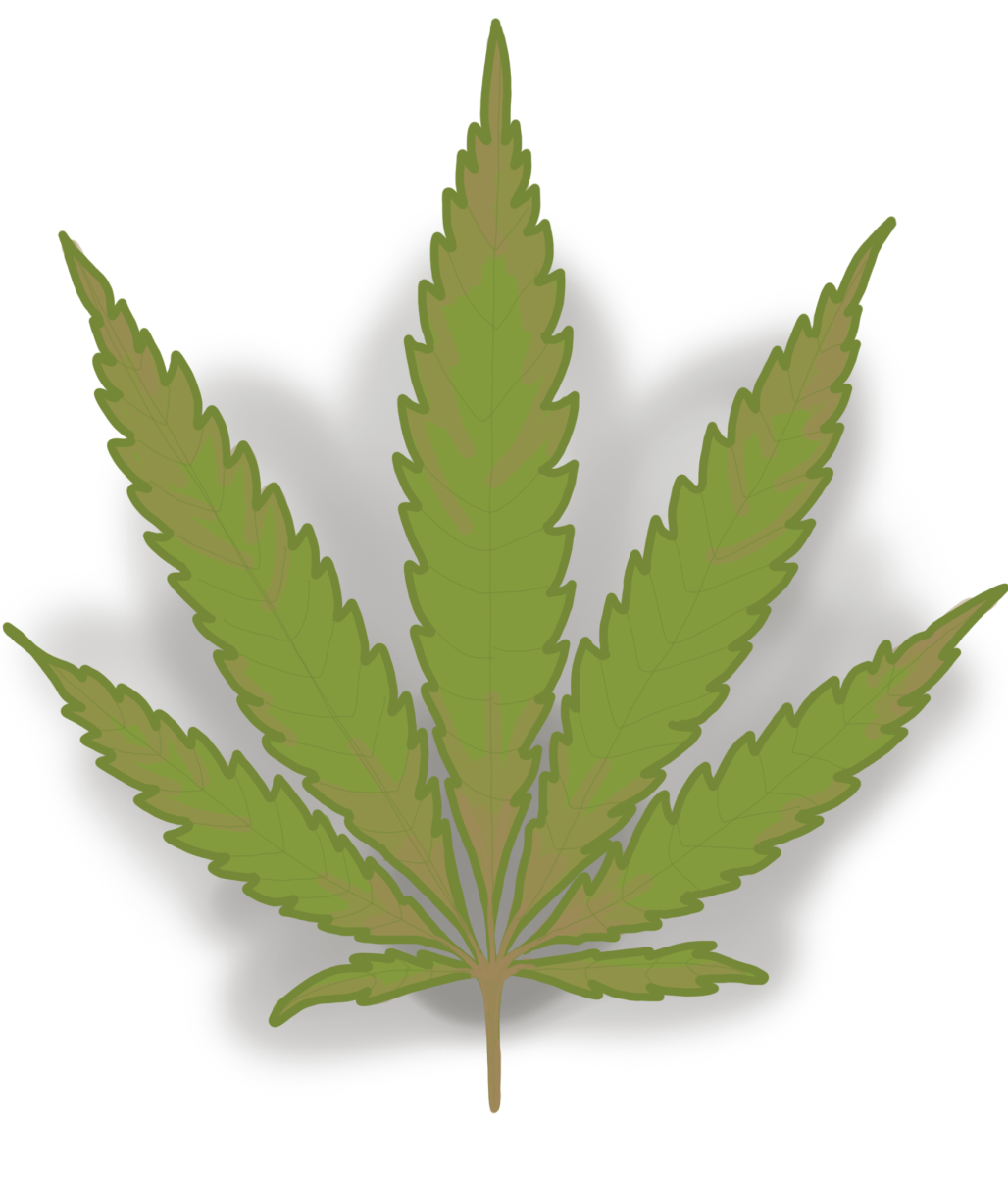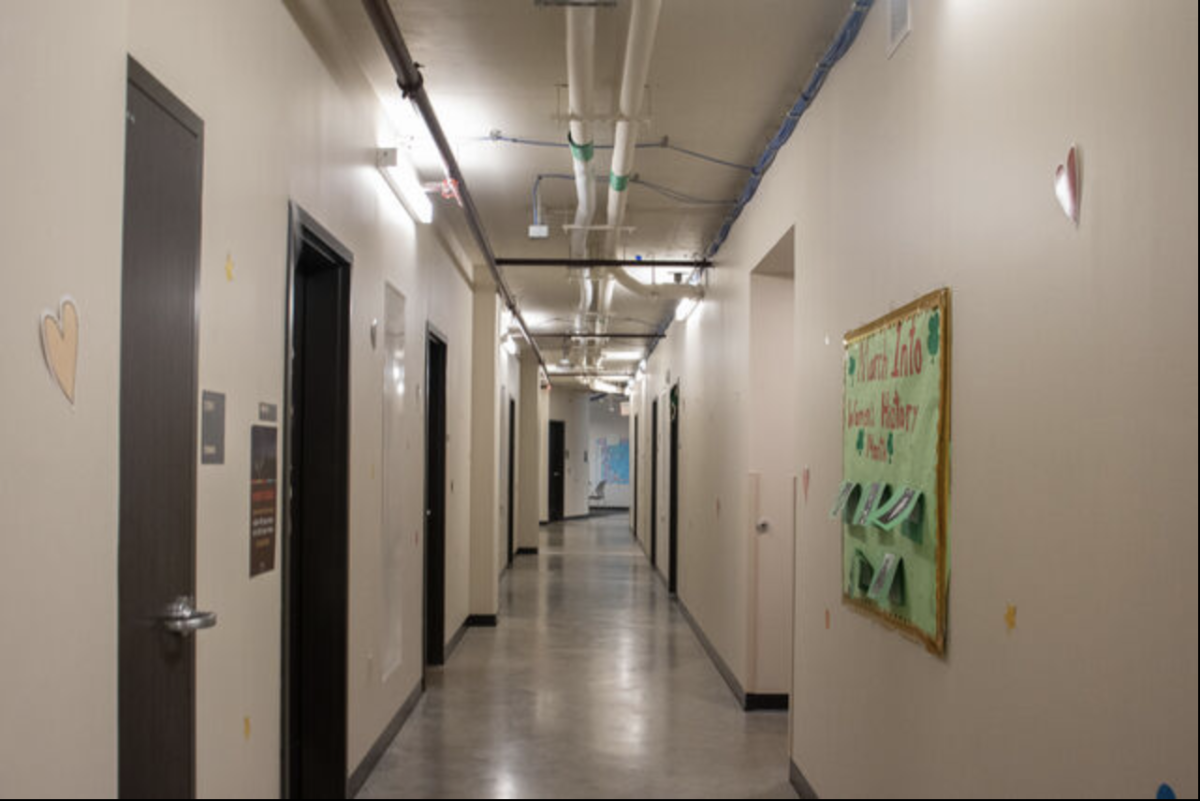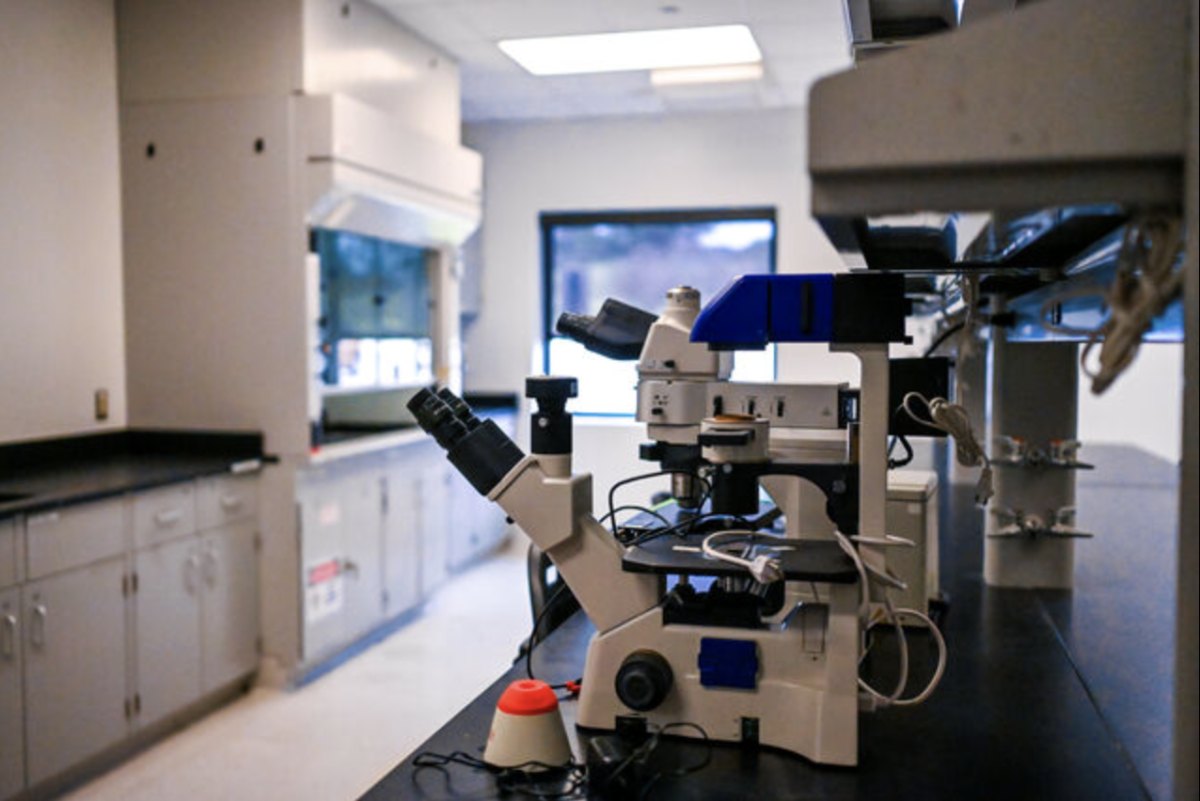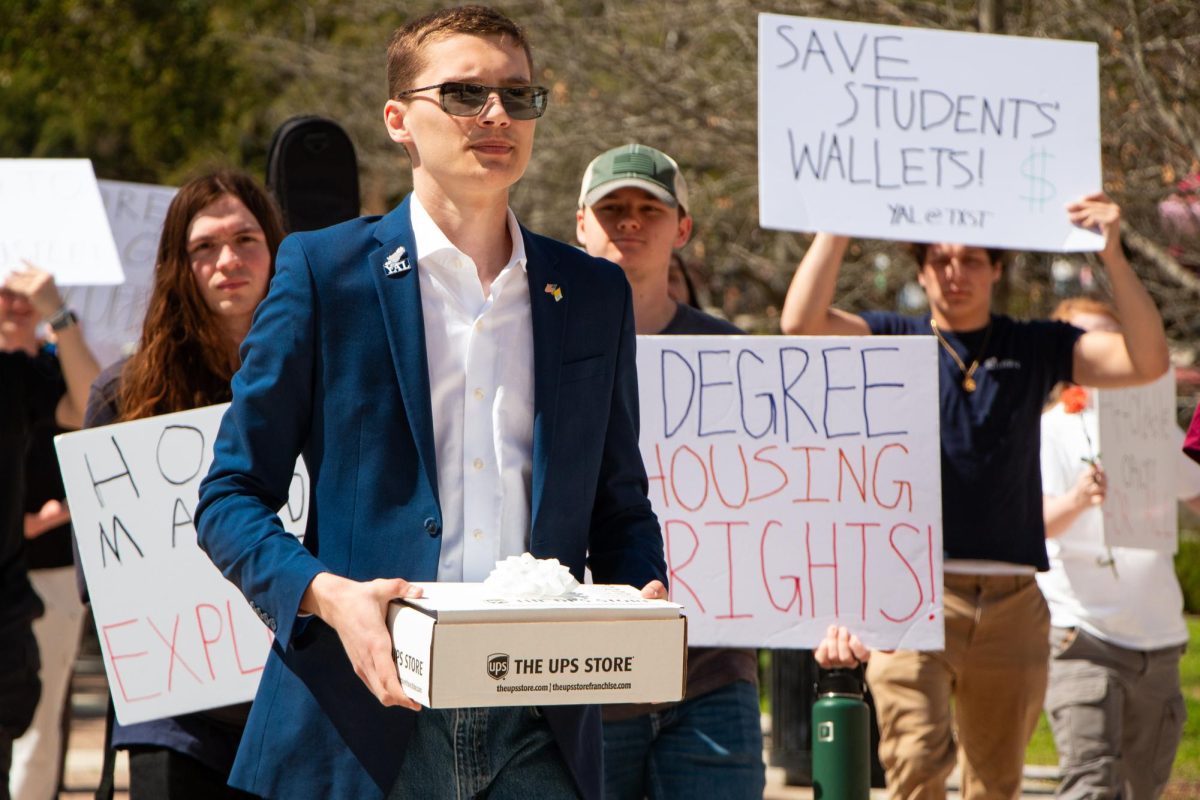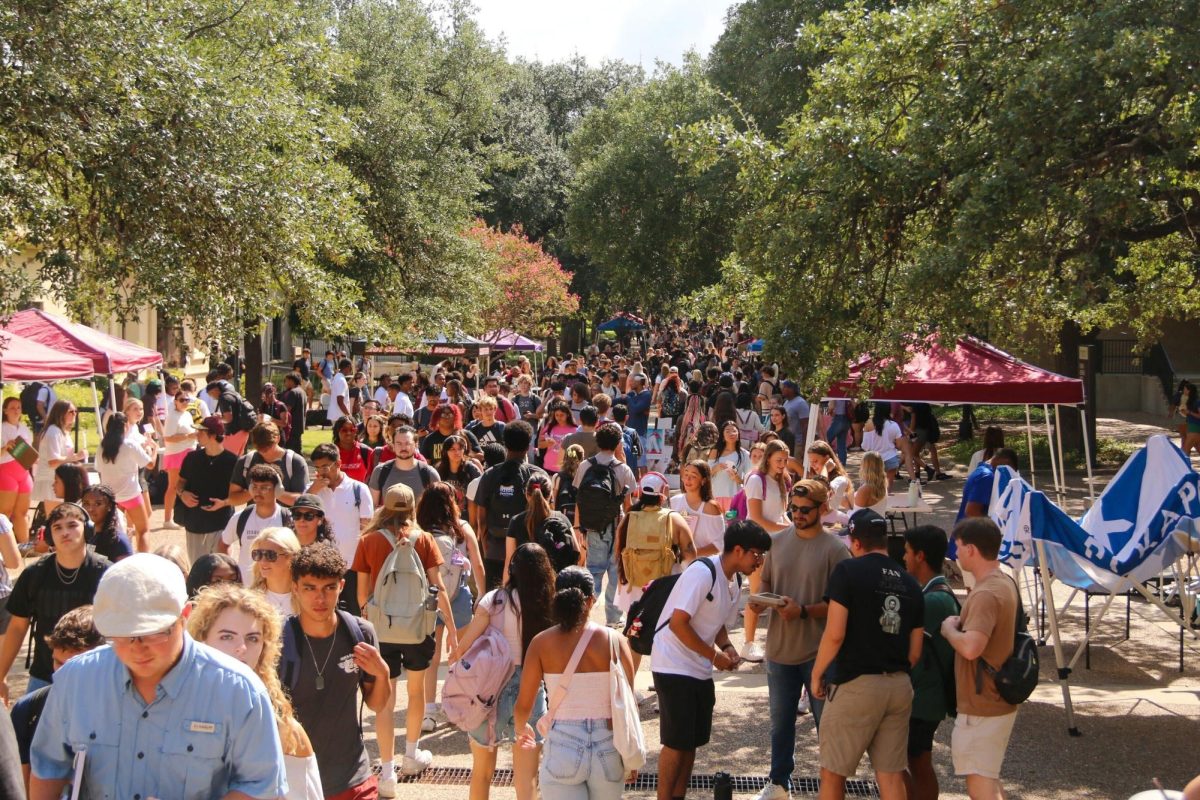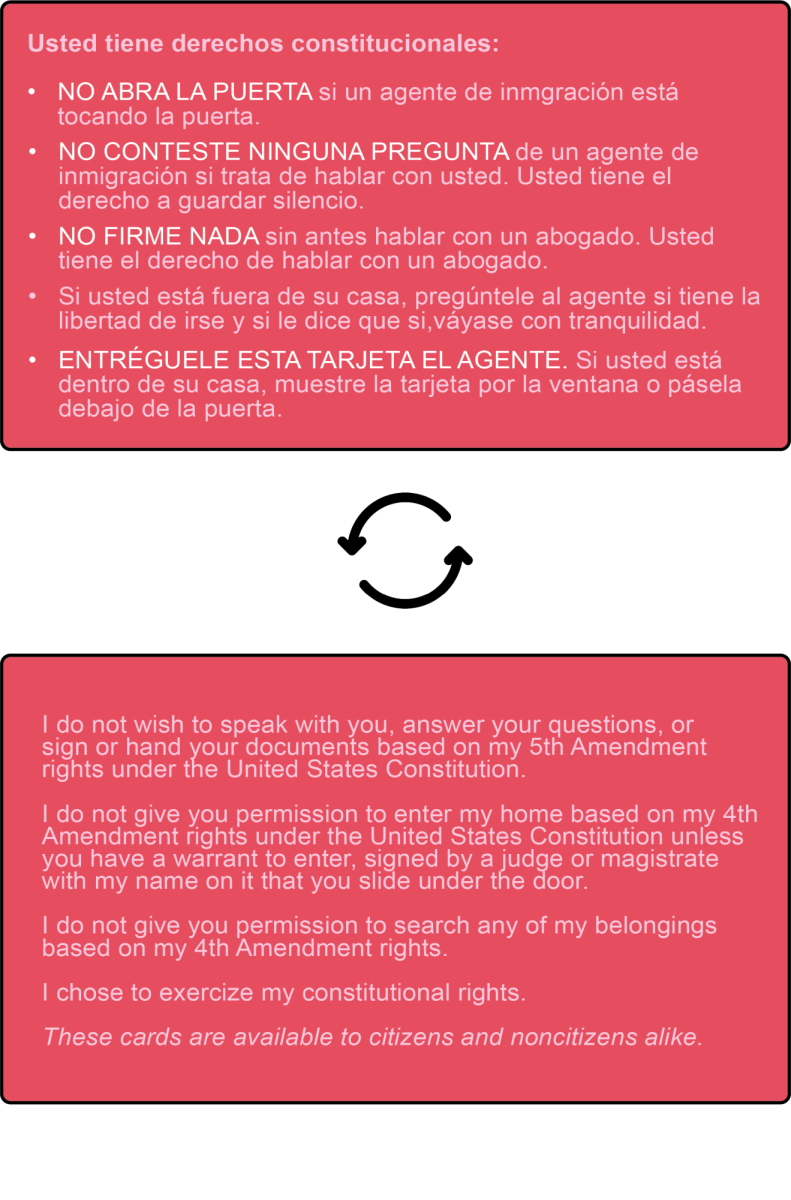A panel of four history professors met with students at Derrick Hall to discuss the Ukraine-Russia conflict that has been the conversation of university students and national media, on Feb. 28.
According to Louie Valencia, assistant professor of digital history, the purpose of the panel was to explain the global conflict in a concise way and address the questions students and faculty posed.
“I think that right now there’s a lot of disinformation, and it’s a question of people trying to learn how to respond to this,” Valencia said. “It’s really helpful for people to be able to see what the stakes are in this [conflict].”
The panel was arranged by Valencia, who reached out to fellow history professors Louis Porter, Ellen Tillman and Elizabeth Bishop, and decided it was a topic that needed to be discussed.
“We came together as we were noticing that a lot of our students did not have an answer for what was going on or have a way to even understand what was going on,” Valencia said.
Last week, Russia officially invaded Ukraine, its southwest neighbor, beginning the largest conventional invasion of a country since World War II. The invasion comes as a result of over 30 years of tensions between the nations following the end of the Soviet Union in 1991. However, some scholars believe the turmoil goes back years before that.
The panel began with an explanation of the events that led to the invasion and the implications that came out of it. Large-scale loss of life on both sides and the threat to Ukrainian democracy were heavily discussed.
Porter also explained the role of the North Atlantic Treaty Organization (NATO) and how it relates to the U.S. and the conflict in Ukraine. Created after World War II, NATO is a military alliance between 30 countries that agree to defend each other if attacked.
Because Ukraine is not part of NATO, many European and American countries have opted to place economic sanctions on Russia instead of sending troops to aid Ukraine. Porter believes NATO countries might be more aggressive if Russia attacks a NATO country after the attack on Ukraine.
The panel of professors explained the conflict through the lens of the U.S., relating the issue to the people in the room and how it affects them. Tillman, who specializes in military history, said it is unlikely the U.S. will formally get involved in the war.
“The United States wants to keep this conflict regional, but there is an open discussion on how the U.S. can still help out,” Tillman said.
The U.S. along with other NATO countries have provided weapons to Ukraine for the past few weeks but it is unclear if NATO countries are willing to send troops.
The four professors considered the possibility of having another panel to continue the discussion of the Russia and Ukraine turmoil, but a date is yet to be set.
Categories:
Professors address and explain Russia Ukraine conflict
Arthur Fairchild, News Editor
March 1, 2022
Texas State Professor Dr. Louis Porter answers a question during the Ukraine, Russia, the EU, & the US in Crisis discussion, Monday, Feb. 28, 2022, at Derrick Hall. The event was part of the History in the Making series by the History Department at Texas State.
0
Donate to The University Star
Your donation will support the student journalists of Texas State University. Your contribution will allow us to purchase equipment and cover our annual website hosting costs.
More to Discover



